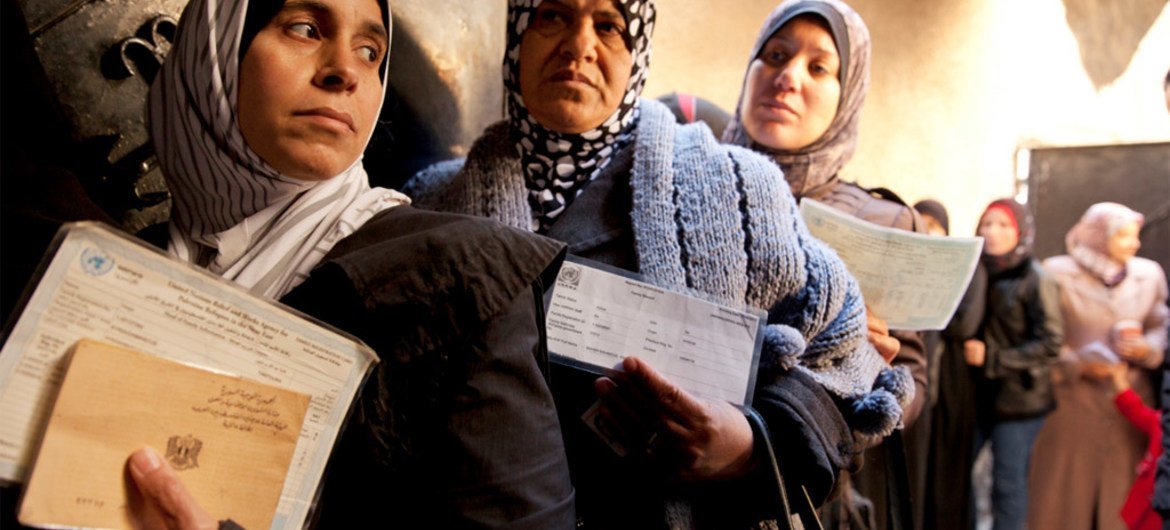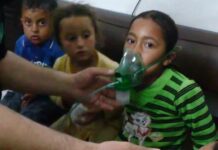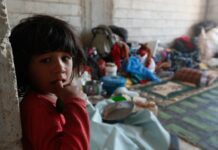
A new report by the Action Group for Palestinians of Syria (AGPS) paints a stark picture of the toll the country’s conflict has taken on Palestinian refugees. Since the outbreak of the Syrian revolution in 2011, at least 4,965 Palestinians have been killed, including 570 women and 287 children, according to the group’s September 6 publication, “The Painful Harvest.” More than half of these deaths occurred in Damascus and its surrounding areas, with the Yarmouk camp alone recording 1,596 victims.
The report highlights that women have suffered disproportionately, not only from direct violence but also from displacement, hunger, and the loss of family breadwinners. It documented that 36 women died under torture in Assad regime prisons, while 273 remain detained or forcibly disappeared. Others drowned at sea while attempting to flee the conflict. “Palestinian women have carried burdens beyond their means,” the authors wrote, citing testimonies of families searching in vain for missing relatives.
Torture and Disappearance in Prisons
The data underscores the brutality faced by Palestinians in detention. At least 1,298 refugees are believed to have died under torture in former Assad regime prisons, more than from shelling (1,230 deaths) or direct gunfire (1,110). The group estimates that 5,370 Palestinian detainees remain unaccounted for, raising fears that many may have died in custody.
While the report calls for documenting war crimes and ensuring accountability, Palestinian political representation has largely remained silent. A recent interview with Samir Al-Rifai, the Palestinian Authority’s ambassador to Damascus, drew criticism for recounting factional disputes but omitting the plight of Syrian Palestinians. Observers note that issues such as sieges, forced displacement, and detainees were not addressed.
UNRWA Services for Returning Refugees
Against this backdrop, the United Nations Relief and Works Agency for Palestine Refugees (UNRWA) continues to provide limited support to Palestinians inside Syria. The agency clarified that it does not encourage returns but assists those who choose to go back voluntarily.
UNRWA offers primary healthcare, free education through the ninth grade, vocational training, and psychological and social services. Protection programs address child welfare and gender-based violence. Refugees can reactivate registration at local offices or through the agency’s e-UNRWA app.
In Yarmouk camp, where destruction remains widespread, UNRWA coordinates small-scale housing repairs and sanitation work. The agency also provides small loans for businesses to promote economic stability. “All our services are free of charge,” UNRWA noted, urging refugees to report any exploitation.
The Question of Representation
Even amid the new government’s reform efforts to address Palestinian needs, AGPS’s report and UNRWA’s ongoing efforts highlight a painful reality: while international organizations attempt to meet urgent needs, Palestinians in Syria remain without strong political representation or accountability for crimes committed against them. More than a decade after the war began, many live without homes, civil rights, or clarity about the fate of missing loved ones.








